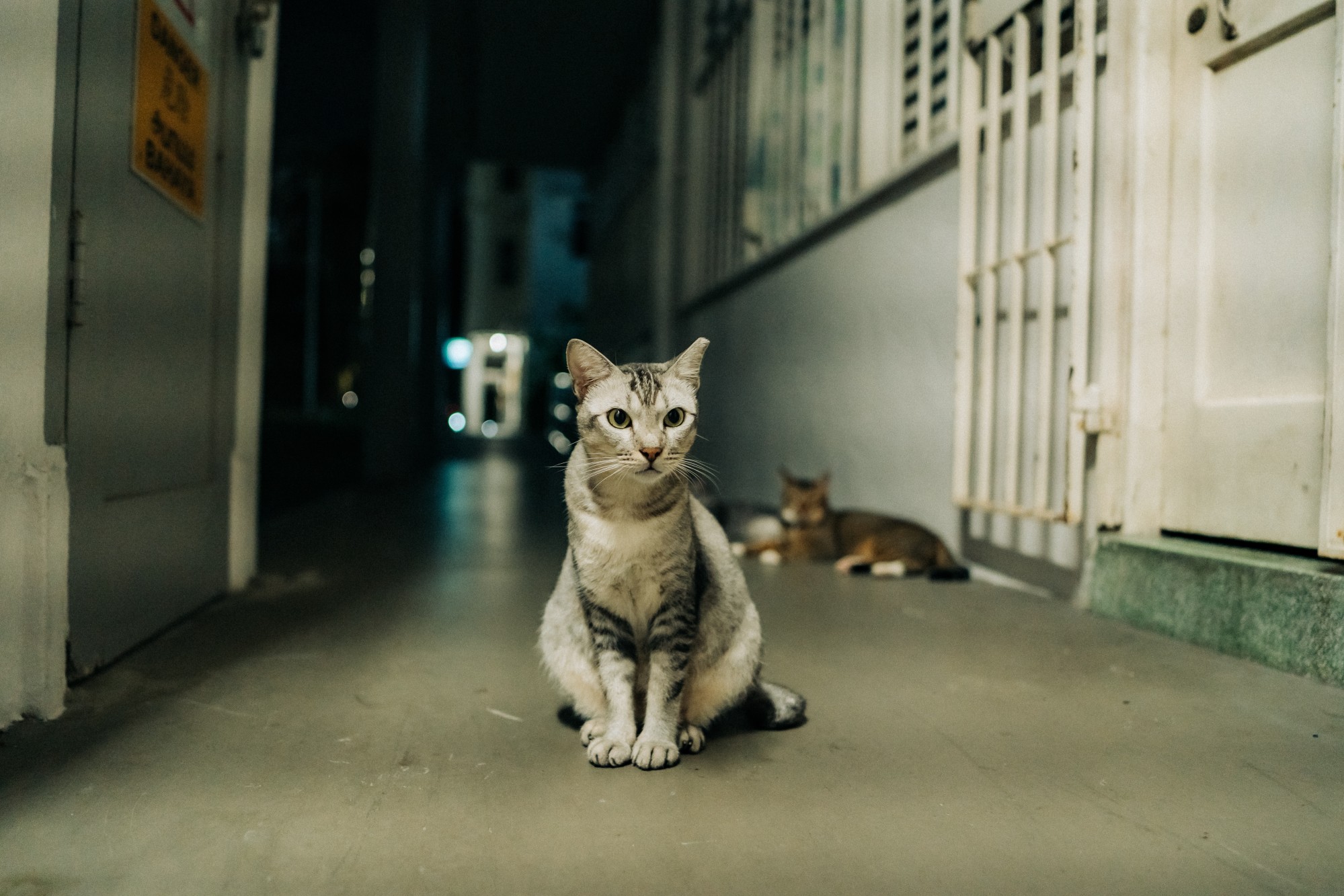
As Singapore lifts cat ban in public housing, Hong Kong should do same for dogs
- The ban on pet dogs in public housing estates is inconsistent with the government’s pet-friendly policies – Singapore’s example shows how a balance can be achieved
Just two weeks ago, I attended my son’s open class at his kindergarten. I was pleasantly surprised and impressed by how these five-year-olds were being taught about the responsibilities – yes, responsibilities – of caring for a pet.
Apparently, they have been learning all about keeping pets in Hong Kong, complete with a workshop conducted by the Agricultural, Fisheries and Conservation Department. The children were taught that they had to take dogs for walks, play with and groom them, take them to the veterinary surgeon, get them neutered and provide food and shelter.
My son loves animals but we haven’t been able to keep a pet at home – we live in a residential complex where pets are not allowed. However, we have neighbours who have secretly kept pets for years, and it has been no problem at all. Our next-door neighbour has had my son over to play with their cat since he could walk.
Now that we are ready to get a cuddly new member of the family, we are faced with a dilemma: do we move or do as many neighbours have done – flout the rules and risk being caught and told to get rid of our pet?
But while some government departments are promoting animal adoption and educating the public on respecting and loving animals, or opening more pet-friendly spaces, the pet-keeping restrictions in public housing estates and subsidised housing – introduced in 2003 after the severe acute respiratory syndrome (Sars) outbreak – are inconsistent with the government’s pet-friendly policies.
Public housing tenants are allowed to keep small pets such as cats and birds but not dogs, except under special circumstances, like for people with visual and audio disabilities or those who need companion dogs medically prescribed for mental health support.
One public housing tenant reportedly slit her wrist because Housing Authority personnel kept pressing her to get rid of her dog. Now, there is only enforcement in most cases when a complaint has been lodged.

Some 62 breeds of small dogs, birds and fish are allowed in public housing in Singapore. There are, of course, criteria that must be met, with restrictions not only on the size of pets but also their number. These requirements attempt to strike a good balance between allowing pets while preventing them from being a nuisance or causing hygiene problems.
It is time for Hong Kong to look at its ban on pet-keeping. If Singaporeans considered the ban on cats but not other animals to be double standards, then so is Hong Kong’s ban on dogs but not other animals.
For years, there have been calls for the restrictions to be lifted, with several lawmakers vocal about the need for change, but the government has yet to budge.
It’s a dog’s life in Hong Kong for canine companions and their carers
Officials have said the aim of having pet parks is to create “an inclusive environment” and promote “integration in the community”. At the very least, pet-keeping should not be reserved for the privileged.
There are many pet lovers in our Legislative Council, including Nixie Lam Lam, Benson Luk Hon-man, Chan Hoi-yan, Peter Douglas Koon Ho-ming, Johnny Ng Kit-Chong, Chan Pui-Leung, Chan Yuet-ming, Paul Tse Wai-chun, Lillian Kwok Ling-lai and Adrian Pedro Ho King-hong. Would they be willing to push for change?
Alice Wu is a political consultant and a former associate director of the Asia Pacific Media Network at UCLA

